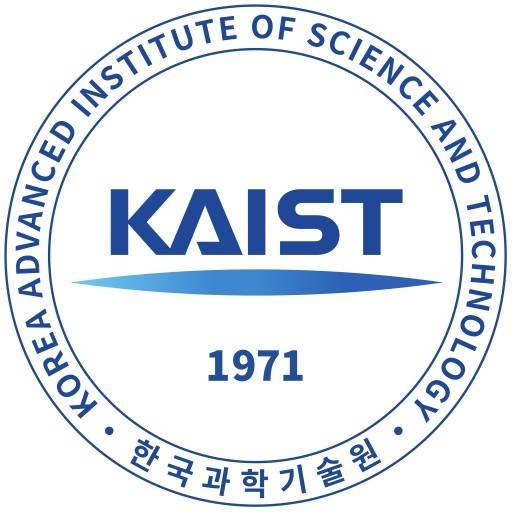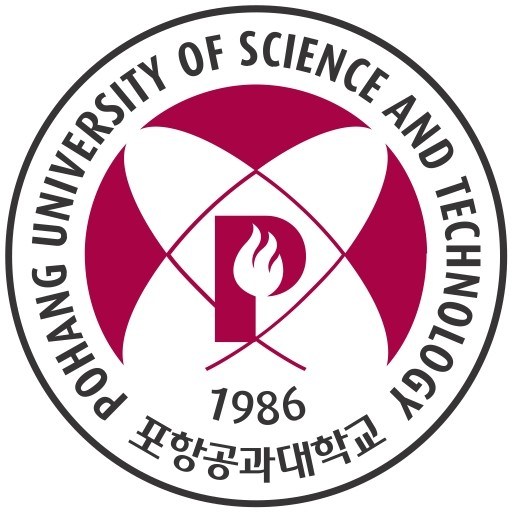Photos of university / #official_kaist
The Department of Civil and Environmental Engineering at the Korea Advanced Institute of Science and Technology (KAIST) offers a comprehensive undergraduate program designed to cultivate innovative engineers capable of addressing the complex challenges of modern society. This program provides students with a rigorous curriculum that combines fundamental principles of civil and environmental engineering with advanced technologies and interdisciplinary approaches. Students gain a solid foundation in structural engineering, transportation, water resources, environmental systems, and geotechnics, while also developing skills in planning, design, implementation, and management of infrastructure projects. The program emphasizes research, critical thinking, and problem-solving abilities, encouraging students to engage in cutting-edge projects and collaborations with industry leaders. Through a combination of coursework, laboratory work, and practical training, students acquire hands-on experience in sustainable construction, risk assessment, disaster mitigation, and environmental protection. The department fosters a multidisciplinary educational environment that prepares graduates for careers in academia, industry, and public service. Emphasizing innovation and sustainability, the program also integrates emerging topics such as smart materials, digital modeling, and green infrastructure. With access to state-of-the-art facilities and expert faculty members, students are equipped to contribute to the development of resilient, efficient, and environmentally friendly infrastructure systems. Graduates of the program are highly sought after for their technical expertise, leadership skills, and commitment to societal betterment, positioning them to make significant impacts in the field of civil and environmental engineering globally.
Mandatory Basic
- Special Lecture on Leadership
- Ethics and Safety I
- Introduction to Computer Application
- Probability and Statistics
- Introduction to Materials and Engineering
Elective Major
- Advanced Mechanics of Solid
- Advanced Soil Mechanics
- Advanced Environmental Chemistry
- Applied Mathematics
- Structural Dynamics
- Mechanics of Composite Materials
- Finite Element Analysis
- Reliability Analysis of Structures
- Bridge Engineering & Design
- Introduction to Smart Structure Technology
- Geotechnical Experiments
- Rock Engineering
- Site Investigation and Monitoring
- Analysis of Soil Behavior by IT
- Design of Underground Structures
- Earth Retaining Structures for U-space
- Sustainable Infrastructure Systems Engineering
- Data, Decision and System Analysis
- Transportation System analysis and Operations
- Transportation Policy and Legislation
- Soft Computing Techniques for Engineering Design
- IT for U-Space
- Mechanical Design of Civil Robot
- Intelligent Control for Construction IT
- Introduction to Civil Robotics
- Environmental Design for U-Eco Spaces
- Theory of Social Overhead Capital Policy
- Ubiquitous & Biomimetic Building Engineering
- Intelligent U-Space Transportation Systems
- Human Thermal Environments
- Environmental Engineering Laboratory
- U-Space System Environmental Biotechnology
- Advanced Wastewater Treatment
- U-Space Environmental Nanotechnology
- Integrated Water Resources Management
- Hazardous and Industrial Waste Treatment
- Structural Pattern Recognition for Statistical Health Monitoring
- Elastoplastic Analysis and Design of Structural Systems
- Theory and Methods of Engineering Design
- Special Topics in Structural Engineering Design for U-Space
- Special Topics in Geotechnical Engineering Design for U-Space
- Special Topics in Environmental Engineering Design for U-Space
- Special Topics in U-Space Construction IT Design 제
- Inelastic Analysis of Reinforced Concrete Structures
- Stability of Structures for U-Space
- Earthquake Engineering
- Vibration Control of Structures
- Advanced Numerical Soil Mechanics
- Advanced Soil Dynamics
- Signal Processing for Civil Engineering
- Geotechnical Earthquake Engineering & Design
- Theory of Geophysics
- U-Space Advanced Environmental Unit Processes
- U-space Advanced Environmental Remediation Engineering
Research
- Ph.D. Thesis
- Ph.D. Seminar
Requirements
- Application Form
- Statement of Financial Resources
- Letters of Recommendation
- Degree/Diploma
- Transcripts
- English Proficiency Test Reports (EPT)
TOEFL (PBT 560, CBT 220, IBT 83), IELTS 6.5, TEPS 599, TOEIC 720 or higher - Curriculum Vitae
- List of Honors and Awards
- Employment Certificate
- School Profile/Credit Rating System
- The application fee is KRW 80,000 or USD 80. Payment can be made by credit card or bank transfer after writing application form online. Please note that application fee is non-refundable and you cannot modify application form once you pay the application fee.
Scholarships
- KAIST International Student Scholarship
- Korean Government Scholarship (KGSP)
- Russian Government Scholarship – Global Education Program (GEP)
The Department of Civil and Environmental Engineering at KAIST offers a comprehensive undergraduate program designed to equip students with the fundamental knowledge and practical skills necessary for careers in civil and environmental engineering. The curriculum emphasizes core areas such as structural engineering, transportation engineering, environmental engineering, water resources, geotechnical engineering, and construction management. Students gain a solid foundation in engineering principles through coursework that combines theoretical understanding and hands-on laboratory experience. The program encourages innovative thinking and problem-solving skills to address real-world challenges related to infrastructure development, sustainable environment, and public safety. Students participate in research projects, internships, and industry collaborations, facilitating exposure to current technologies and practices in the field. The department promotes interdisciplinary learning and often integrates advanced subjects such as smart infrastructure, environmental policies, and sustainable development strategies. Facilities equipped with modern laboratories and research centers support extensive practical training. The faculty comprises leading experts and researchers dedicated to advancing civil and environmental engineering knowledge and education. Graduates of the program are prepared to work in various sectors including construction firms, environmental agencies, urban planning bodies, and research institutions. The department also encourages students to pursue graduate studies for specialized research and innovation opportunities. Overall, the program aims to develop competent engineers capable of designing resilient infrastructure solutions that contribute to sustainable development and societal progress.


